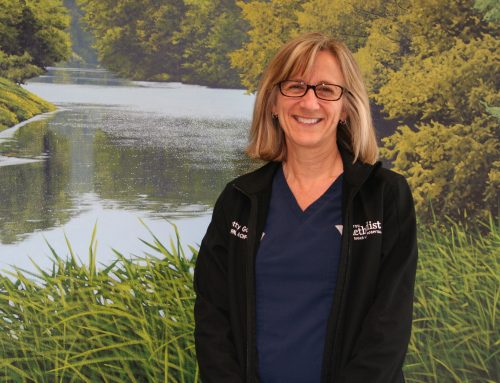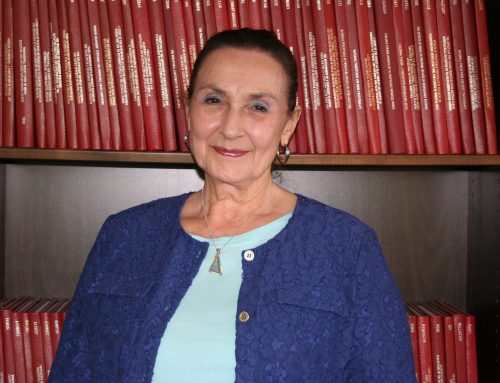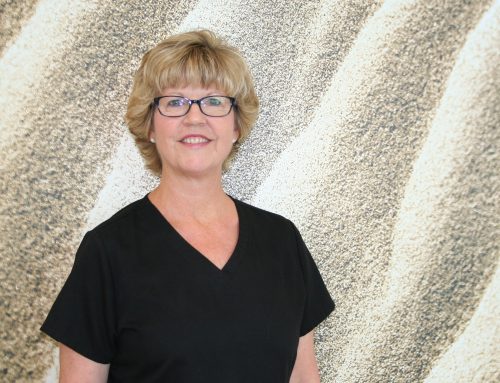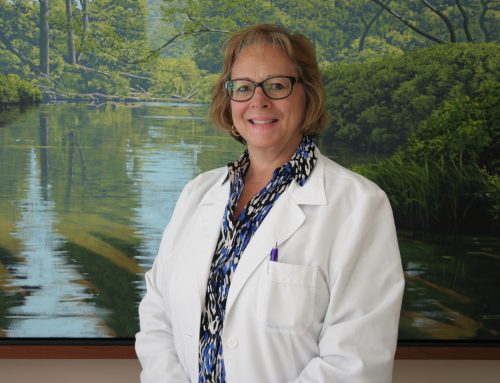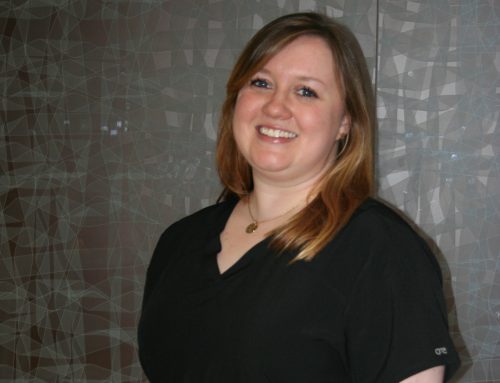2016 Gold Medalist – Clinical Practice in a Large Hospital
Mark Barr, BSN, RN, CCRN, Ben Taub General Hospital
As a child growing up in Davis, California, Mark Barr learned the importance of exercise and nutrition in maintaining health. “My mom was a PE teacher and encouraged us to participate in sports,” says Mark, who excelled at swimming, baseball, and soccer. “My passion for athletics continued to grow until I was 14, when I developed a large bone mass on my tibia. The pain was excruciating.”
Diagnosed with osteosarcoma, Mark underwent a year of chemotherapy, lung surgery, and the amputation of his leg above the knee. “That year was filled with a lot of emotional and physical ups and downs,” he recalls. “I was in the hospital for weeks on end and became very familiar with the roles of nurses and other healthcare providers. As a family, we especially appreciated the selfless efforts of the nurses. I never forgot that and as I grew older, it occurred to me that I might want to play a similar role in the lives of others.”
While undergoing chemotherapy, Mark got his first introduction to the Paralympic Games, an international multi-sport event for athletes with a range of physical disabilities. “A nurse reached out and told me she was an amputee and had been a Paralympic swimmer,” he says. “That was a turning point for me and changed my mindset about disability. I’m forever grateful to her.”
After finishing treatment, Mark went straight back to athletics, competing as a swimmer in college and later, in the Paralympic Games of 2004 and 2008. “I was extremely blessed to have those experiences,” he says. “After I received my first running prosthesis and bike – eight years after my amputation – I continued on to train for paratriathlon.”
Mark completed his bachelor’s degree in nutrition at California Polytechnic State University in 2009. After deciding he wanted to pursue a career in nursing, he earned his BSN at Drexel University.
“I’m extremely happy about that decision,” he says. “I got a great education and came to Houston to do my internship at Harris Health System. I was offered a job as a staff nurse in the Trauma Surgical ICU at Ben Taub, where I’ve been for the last four-and-a-half years.”
“Many of the patients who come through the Trauma Surgical ICU have suffered serious injuries at a very young age,” wrote Mark’s nominator Janete Sheiner, MSN, BSN, RN, GNP-BC, CCRN. “To them, he’s a positive, inspirational nurse whose energy and vitality is contagious. When he’s at the bedside, patients are comforted and inspired by someone who has overcome many obstacles and goes beyond delivering excellent nursing care to help motivate his patients. This kind of hope is life changing for patients, many of whom feel there is no hope after a traumatic loss.”
Mark says he’s extremely honored to serve as a nurse and takes his role very seriously. “Many of our patients suffer amputations, which gives me the opportunity to share that bond with them. When I pull up my pant leg and show them that I’m also an amputee, many tell me later that they knew instantly they would be okay. Most have never seen a prosthesis. They don’t know what to expect, so I offer support and answer questions as much as possible. I stay in touch with many patients after their discharge and go with them to their prosthesis fitting appointments to serve as a guide and mentor. You go through a lot of physical and emotional pain with an amputation. It helps them to know that the emotions they’re feeling are normal.”
Mark is a four-time national paratriathlon champion and was a silver medalist at the Paralympic World Championships. Currently ranked No. 2 in the world in the PT2 division, he will compete as a paratriathlete in the 15th Paralympic Games in Rio de Janeiro in September.
“Throughout my experience as a cancer patient and survivor, I’ve been extremely blessed to have amazing health care, particularly from nurses,” he says. “It’s always been my goal to give back and to pay it forward to patients who are going through hard times. Receiving the Good Samaritan Award is confirmation that I’ve been able to achieve that, so for me, it’s a huge honor.”
Mark also gives back through the Challenged Athletes Foundation, a San Diego-based organization that awards $3 million annually to people with disabilities who want to pursue an athletic career. The foundation bought him his first running prosthesis eight years after his amputation.
He’s an athlete ambassador for Challenged Athletes and a member of the Challenged Athletes Elite Triathlon Team, serving as a mentor for the amputee community to showcase the possibilities available in sport and triathlon as an above-the-knee amputee. He also volunteers with his prosthetist’s office as a peer mentor, visiting limb-loss patients at the bedside and serving as a resource for people with leg amputation.
In 2015, Mark and his friends started a nonprofit organization called Team Catapult, of which he serves as vice president. The group helps individuals with disabilities overcome adversity and move into the world of endurance sports and athletics. His advocacy for people with disabilities extends far beyond the hospital and community, through political work to raise Congressional awareness of the need for insurance coverage of prosthetics that allow individuals to return to full activity, including sports.
“Our goal is to help people in the local community who have disabilities ranging from visual impairment to leg amputation and want to pursue an active lifestyle in sport,” he says. “We sponsor running and biking clinics. I recently had the opportunity to guide a visually impaired athlete on his first 5K, which was an extremely rewarding experience. To date, we’ve helped more than 50 athletes compete in races for the first time.”
His nominator Janete Sheiner summed up his commitment when she wrote, “Although Mark has stood with presidents and world leaders and traveled to numerous counties, he considers the work he does with patients his greatest accomplishment. He exemplifies the idea that it’s not what happens to us that defines us, but what we do with it that makes the difference.”
